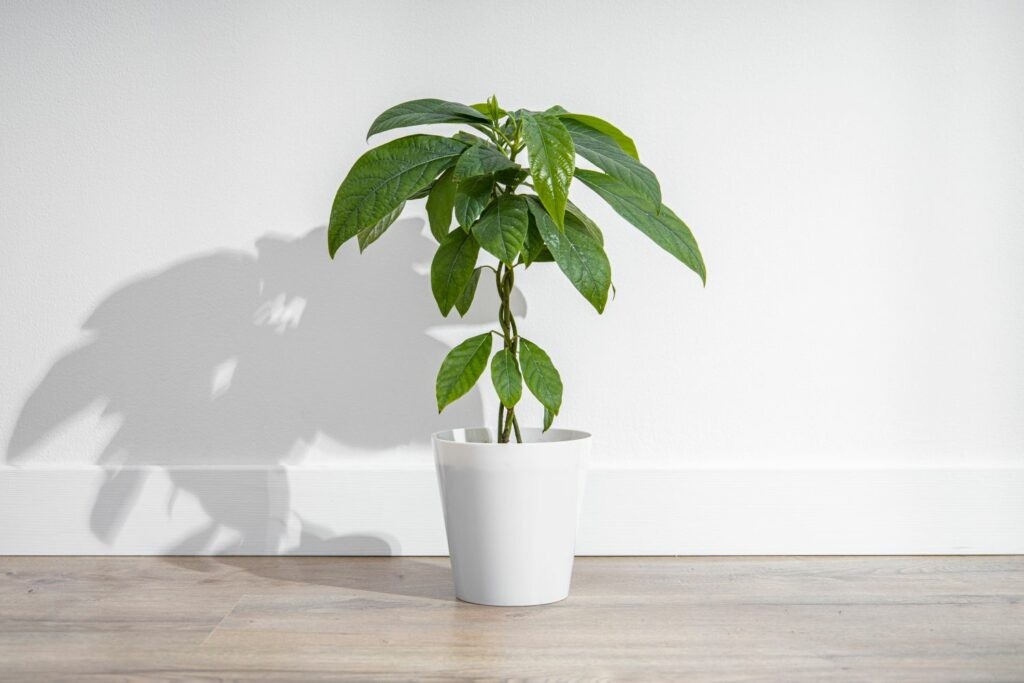

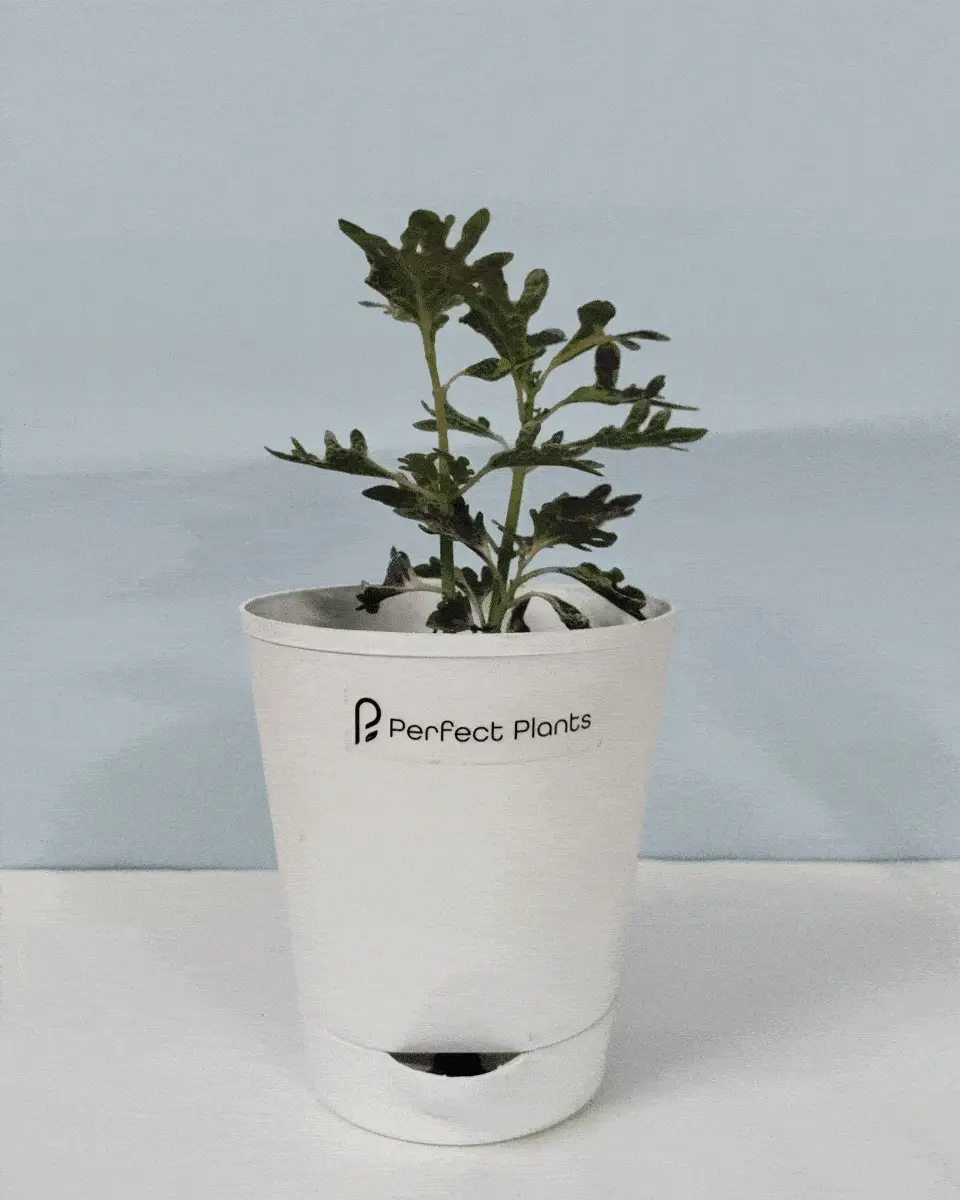
Avocado Trees
Approx $27.52 USD
The Perfect Indoor Plants for New Zealand Homes


Growing Avocado Trees in New Zealand involves providing them with the right care and environment to thrive. Here's a comprehensive guide
that integrates key information for successful cultivation:
Planting Avocado Trees: Choose a location with well-draining soil and ample sunlight. For in-ground planting, dig a hole twice as wide and deep as the root ball and ensure the top of the root ball sits just above ground level after planting. For container growing, select a pot at least 18 inches in diameter and use a well-draining potting mix​​.
Sunlight: Avocado trees require full sun, at least 6 hours daily, to promote growth and fruiting. However, they should be protected from excessive direct sunlight, especially in hotter climates, to prevent leaf scorch​​.
Watering: Water deeply once a week during dry periods, ensuring the soil dries slightly between waterings. Use a soaker hose or drip irrigation system for efficient water delivery directly to the roots​​​​.
Temperature: The ideal temperature range for avocado trees is between 60°F and 85°F. They are sensitive to frost and extreme temperatures, so provide protection from cold drafts and frost by covering them or moving container plants indoors during cold weather​​.
Fertilization: Avocado trees are not heavy feeders, but benefit from light fertilization. Avoid fertilizing young trees during their first year and start with a slow-release granule or organic fertilizer with zinc and high nitrogen and phosphorus values in the second year. Apply annually in spring​​​​.
Mulching: Apply a 3-inch layer of organic mulch, such as wood chips or straw, around the base of the tree to retain soil moisture, control weeds, and regulate soil temperature. Leave a 12-inch clearance from the tree trunk to prevent moisture-related issues​​.
Pest and Disease Management: Keep an eye out for pests such as spider mites, whiteflies, and avocado lace bugs. Treat with neem oil or insecticidal soap for small insects and hand-pick larger ones. Avoid overwatering and ensure good soil drainage to prevent root rot​​​​.
Harvesting: Avocados do not ripen on the tree and are typically harvested based on size. Test ripeness by picking a fruit and leaving it to ripen at room temperature; if it softens within 1-2 weeks, the remaining fruits are ready to harvest​​.
Common Problems: Look out for signs of root rot, burnt leaves due to sun exposure, and mineral deficiencies. Ensure proper soil moisture, protect trees from excessive sun, and maintain soil nutrient levels to prevent these issues​​​​.
By following these guidelines and monitoring your avocado tree for signs of stress or disease, you can successfully grow healthy avocado trees in New Zealand. Remember, each tree has its own set of requirements, and adjusting care practices according to your local environment and tree's condition is crucial for success.
The product may be provided by a different brand of comparable quality.
The actual product may vary slightly from the image shown.
Shop amazing plants at The Node – a top destination for plant lovers

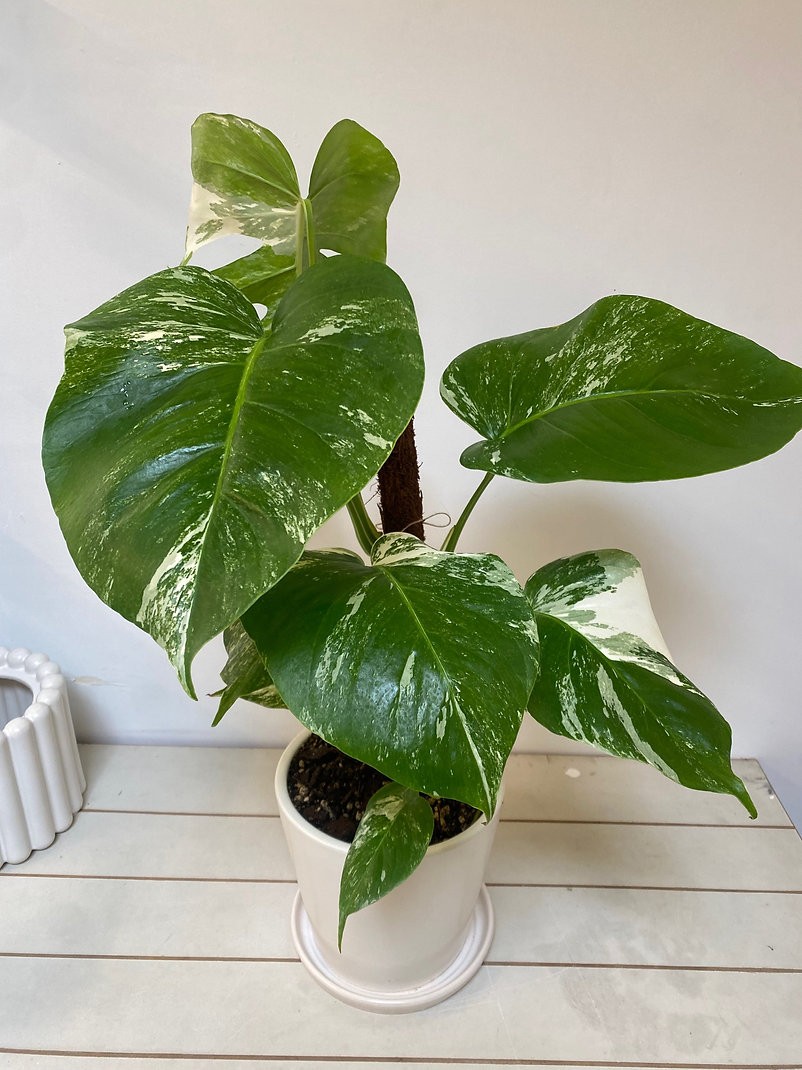
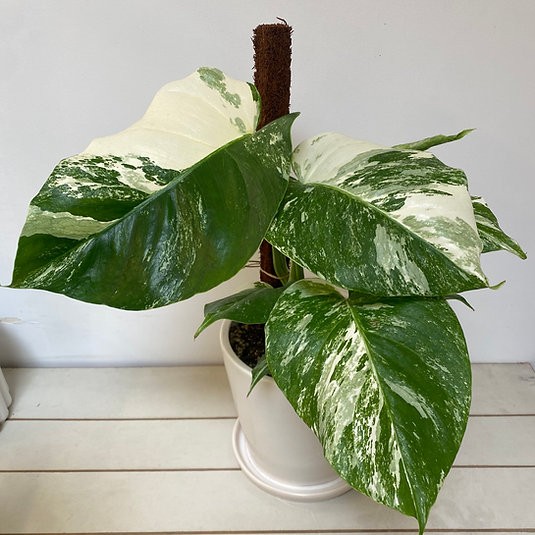


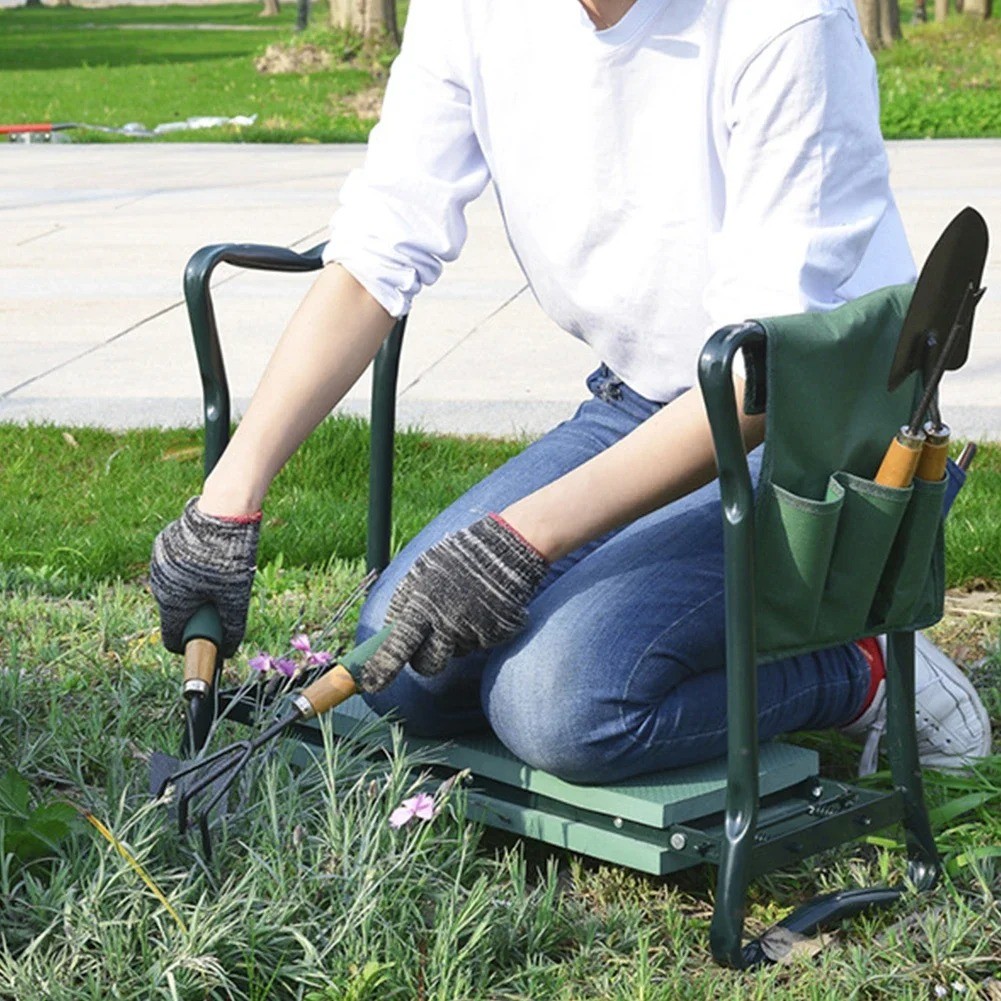


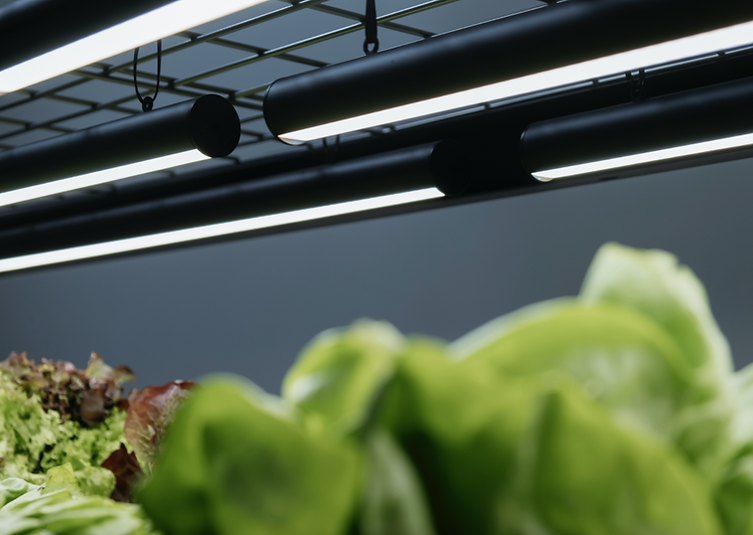
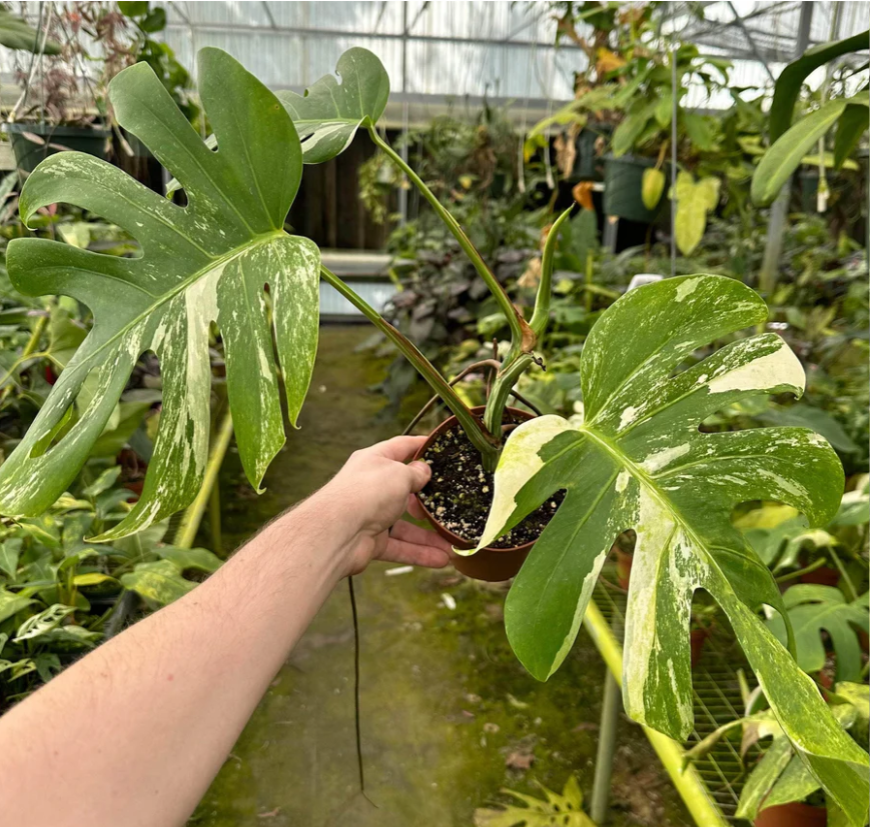

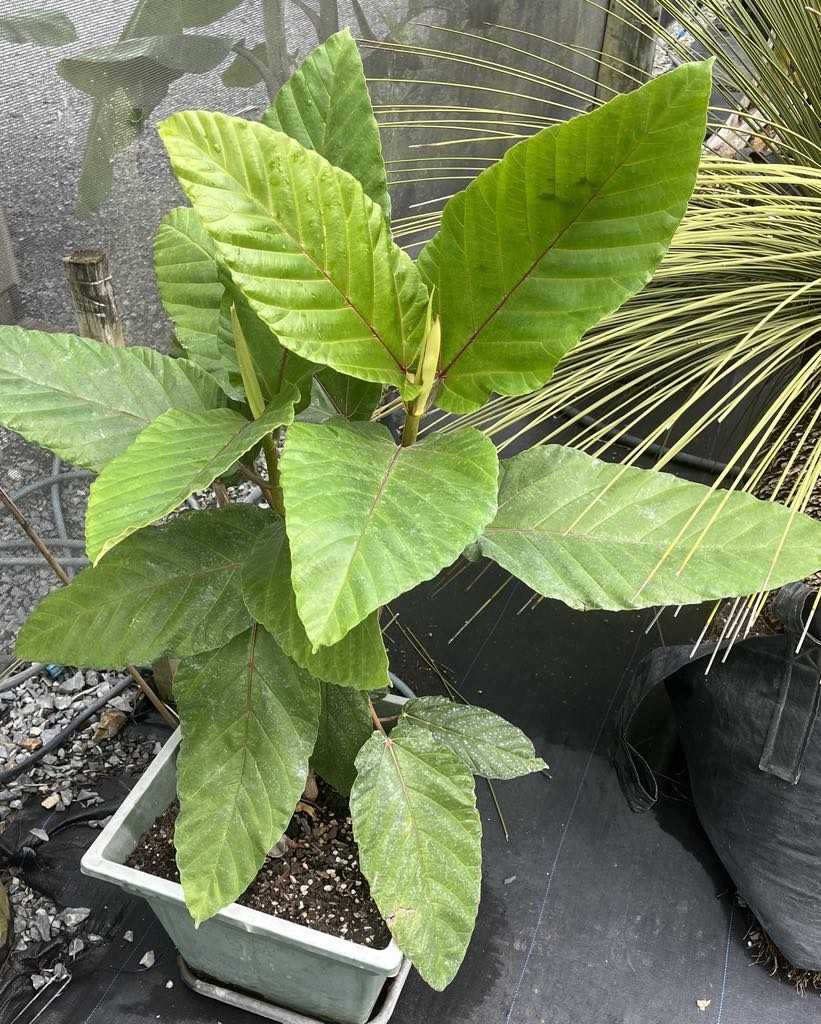

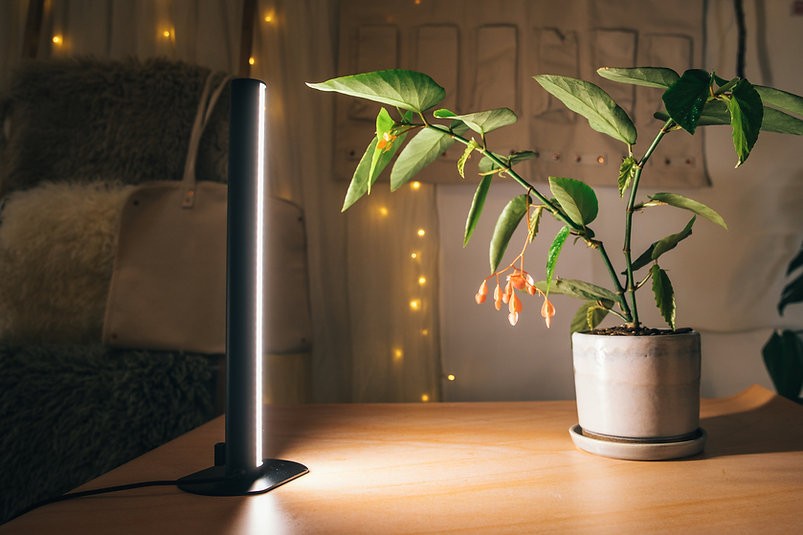












.jpg)
















































ulva-Logo.jpg)
